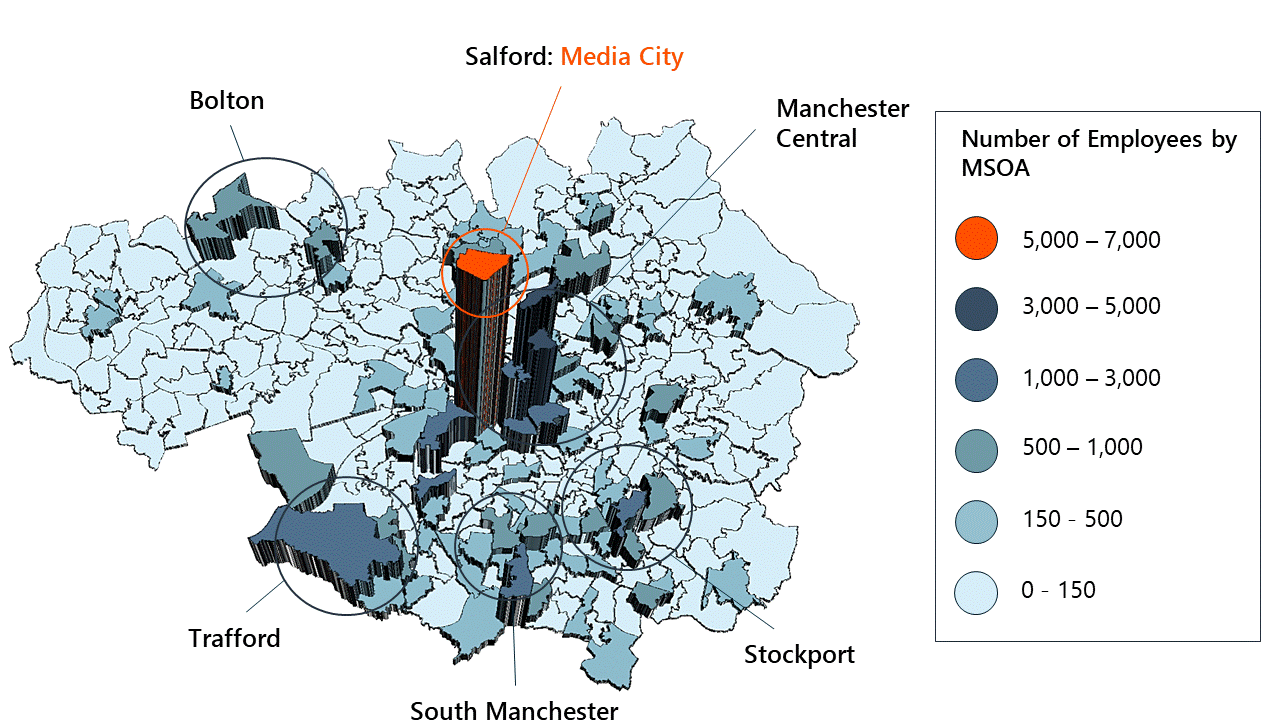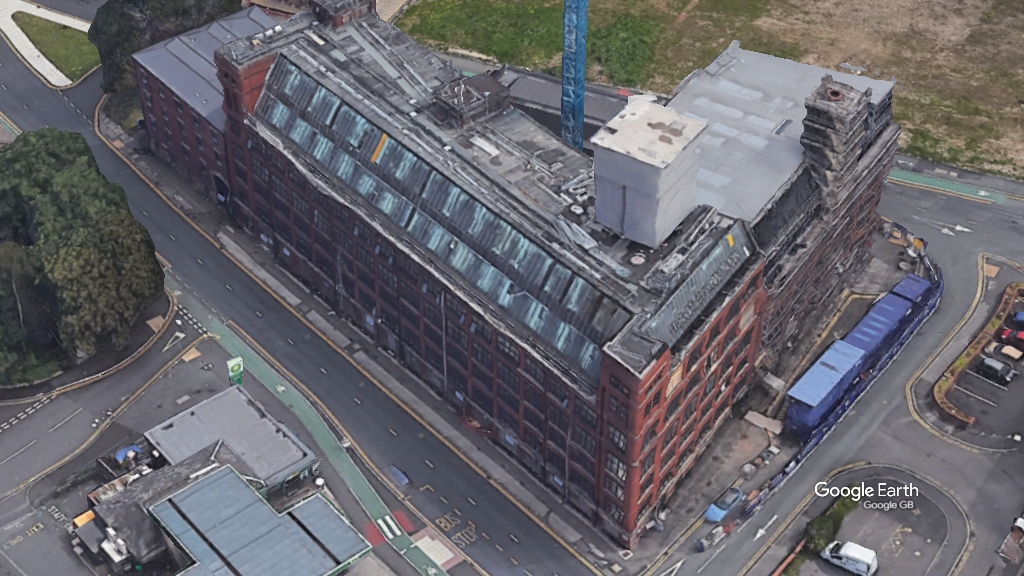Place10: The cluster effect
 Ten years ago I returned from a three-year stint working for an economics and planning consultancy in Australia, writes Lauren Newby, associate director of Regeneris. The economic development world had not significantly shifted in my absence and Regional Development Agencies were still in full throttle, providing a healthy diet of commissions to keep us private sector consultants busy.
Ten years ago I returned from a three-year stint working for an economics and planning consultancy in Australia, writes Lauren Newby, associate director of Regeneris. The economic development world had not significantly shifted in my absence and Regional Development Agencies were still in full throttle, providing a healthy diet of commissions to keep us private sector consultants busy.
The RDA mantle included developing business competitiveness through a proactive cluster policy, following Michael Porter’s celebrated model. In the North West, the cluster programme was a ‘transformational action’ focused on priority sectors to develop higher value activity and improve productivity, and included the digital and creative sector.
Looking back over the last decade, where are the visible success stories of this cluster policy? One topical example, given Channel 4’s proposed relocation outside of London, is MediaCityUK. MediaCityUK is a visible example of place-based cluster policy and how public sector investment can create the right conditions to stimulate investment and support the development of important industries. The North West RDA had pursued transformational actions such as the creation of a Media Enterprise Zone to develop Greater Manchester as a regional media hub. Back in 2007, MediaCityUK was identified by the BBC as its preferred location and this provided the impetus for the redevelopment of Salford Quays – a derelict port. This set Greater Manchester off on the path of attracting investment in the creative industries.
The BBC relocation took place in 2011. A report by KPMG for the BBC Trust into the role of the BBC in supporting economic growth concluded that the BBC’s activities in the North West contributed a total of £277m to UK GVA in 2014/15, generating 2,500 direct full time jobs at Salford, 13% of the BBC’s total employment in the UK; in addition to indirect employment of 3,800.
Agglomeration effects were also highlighted by the report, driven by the BBC acting as a ‘hub’ for firms with creative and digital capabilities. When the report was published in 2015, 6,500 people were employed in MediaCityUK, suggesting that the positive spill-over effects from BBC’s relocation were considerable. More recent analysis by Nesta into ‘The Geography of Creativity in the UK’ identifies Manchester as having a creative cluster of high concentration and growth.
As a headline measure, analysis of more recent employment trends illustrates the success Salford has enjoyed in growing its creative and digital economy since the MediaCityUK concept came to fruition. Salford employed 11,270 people in its digital and creative sector in 2015, and has experienced the highest rate of growth in creative employment in the North West, an increase of 101% between 2009 and 2015, and a further 75% growth in digital employment.
The visible concentration of digital and creative activity in Greater Manchester can be seen below:

The NWDA may have closed its doors in 2012, but its pursuit of priority sectors has been successfully passed on to the Local Enterprise Partnerships. We have seen a focus by the LEPs on ‘smart specialisation strategies’, the roll-out of Science & Innovation Audits and renewed interest in sector strategies and acute interest in the opportunities presented by ‘sector deals’. We now need to see more national-level commitment and investment to realise the potential of important sectors, particularly where sub-regional economies can demonstrate that they have the underlying capabilities and comparative advantage to make a powerful contribution to the national economy.
Returning to the major broadcasters, a good starting point for this could be securing Greater Manchester as the new home for Channel 4. This would build on what has been achieved to date at MediaCityUK, and expand a thriving cluster while ensuring Channel 4 moves to the place where it is most likely to succeed outside of London.





Absolutely, let’s have Channel 4 in Salford. On two conditions. Extend Metrolink 200 meters to Eccles Station, and also build a rail interchange with Metrolink at Cornbrook, so that media city is equally as accessible from Liverpool as GM, opening the door to all those talented creative people just down the road (to mutual benefit).
I can dream. Maybe we could bring back the RDA too Jeremy?
By Ian Wray
Salford Quays was not a “derelict port” in 2007, and suggesting the BBC relocation is the only catalyst for its regeneration, or the growth of the media/digital sector in the city, just isn’t correct.
By MancLad